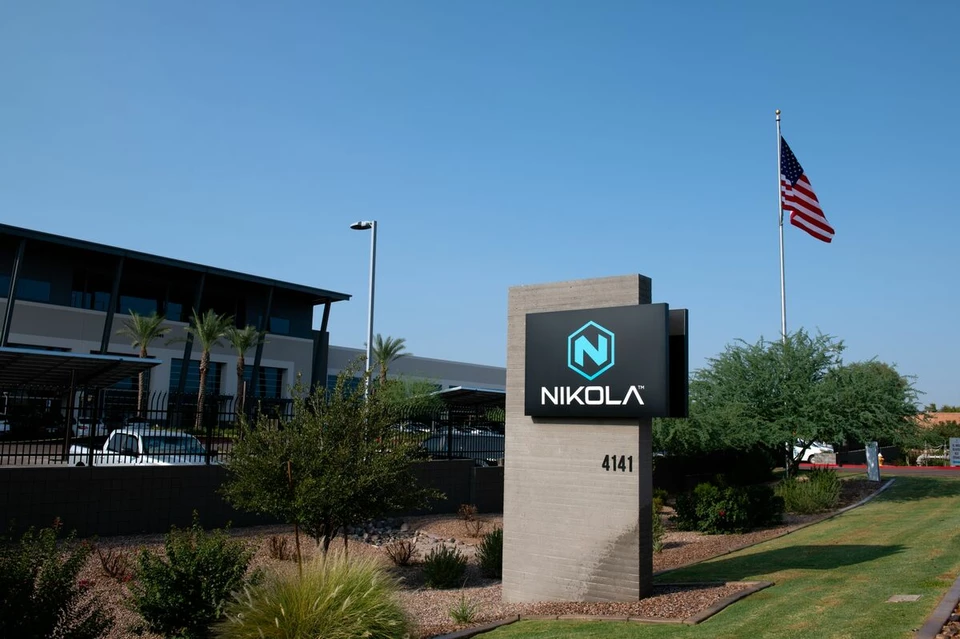
In a significant development in the electric vehicle industry's tumultuous landscape, Nikola Corporation has formally filed for bankruptcy, a move that sends shockwaves through its investor and regulatory communities. This filing sheds light on the company’s precarious financial state and the multitude of unpaid financial obligations that loom ominously over its future.
Amid the disorderly aftermath of Nikola’s bankruptcy proceedings, one of the crucial claimants emerged—the U.S. Securities and Exchange Commission (SEC), which is seeking a staggering $80 million from the company. This claim rests atop a growing list of debts that Nikola must navigate as it attempts to reorganize its operations and settle with various stakeholders.
Nikola, known for its ambitious claims in the hydrogen and electric truck markets, has been plagued by financial instability and a series of controversies that have gradually eroded investor confidence. The company's electric and hydrogen fuel cell trucks have been anticipated as game-changers within the industry, but operational setbacks and legal challenges have marred its reputation.
The SEC's claim is particularly poignant, reflecting not only the regulatory scrutiny that Nikola has faced but also the potential ramifications for the broader electric vehicle market. As more companies enter this competitive arena, the fallout from Nikola’s situation could result in increased caution among investors and stricter oversight from regulatory bodies.
In conjunction with the SEC's claim, Nikola has also accumulated a hefty pile of debts owed to various suppliers, creditors, and service providers. The totality of these financial obligations presents a formidable challenge as the company tries to maneuver through bankruptcy proceedings. Key stakeholders will closely observe how Nikola resolves these claims, especially in light of its overall strategy for financial recovery.
Analysts predict that the company will have to implement severe cost-cutting measures and potentially substantial restructuring efforts to survive this crisis. With its reputation already vulnerable, Nikola faces an uphill battle to regain market trust and reassure investors about its viability moving forward.
While the outcome of Nikola's bankruptcy remains uncertain, it certainly serves as a cautionary tale for other emerging players within the ever-evolving electric vehicle sector. As companies navigate market fluctuations and regulatory frameworks, the stakes continue to rise, reinforcing the imperative for transparency and fiscal responsibility in their operations.
The coming months will be crucial for Nikola Corporation as it seeks to emerge from this bankruptcy with a redefined business model and a renewed commitment to its ambitious goals in the EV space. Stakeholders are keenly watching how the company will address the SEC's significant claim alongside its other financial obligations.
In conclusion, Nikola's bankruptcy not only raises questions about its future but also acts as a bellwether for the industry's overall health, indicating the growing complexities of maintaining a sustainable, reputable operation in the highly competitive electric vehicle market.
#Nikola #Bankruptcy #SEC #ElectricVehicles #HydrogenTrucks #Investors #RegulatoryScrutiny #FinancialObligations
Author: John Harris




